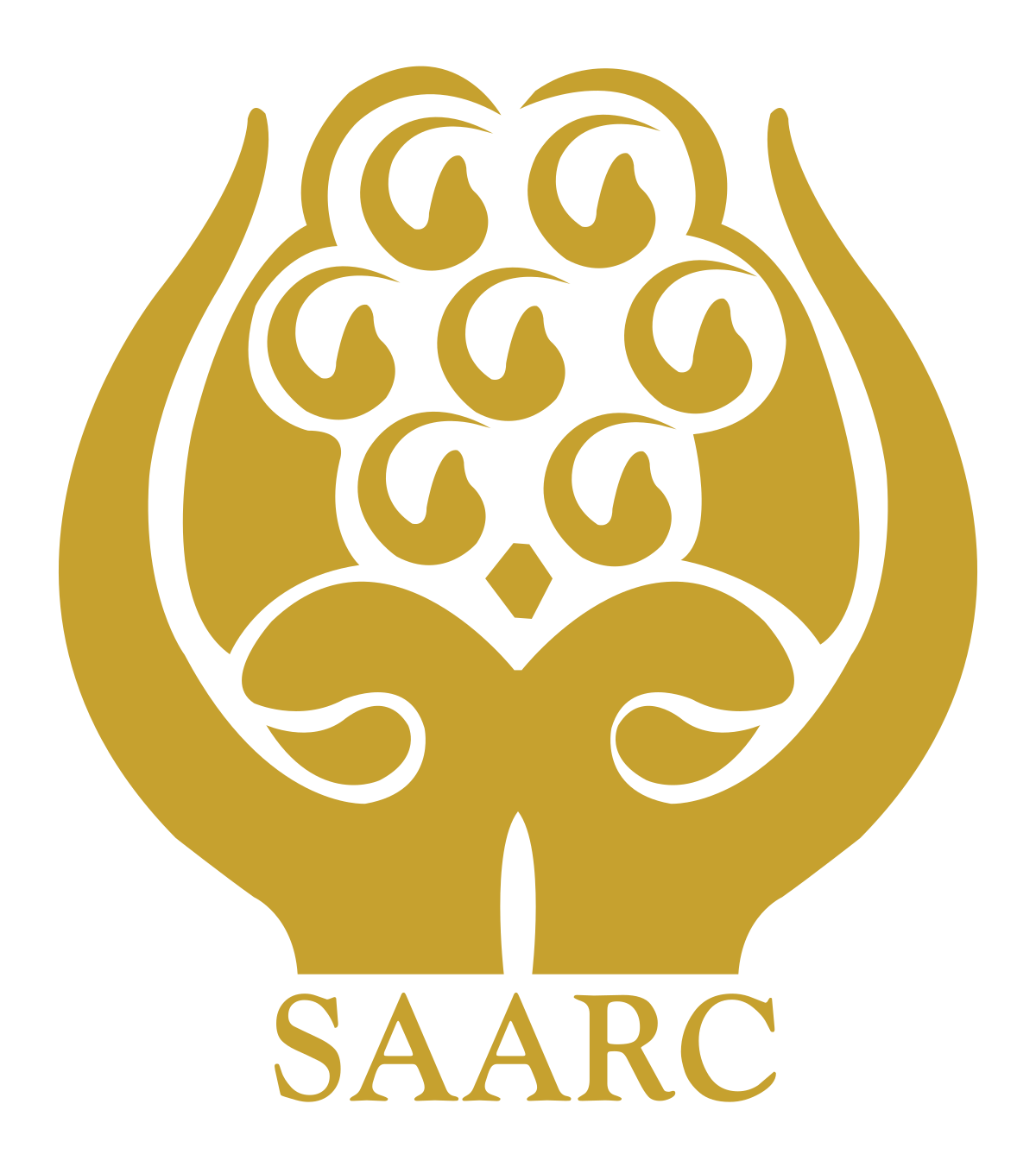Protein Science Laboratory
Research Interest
Protein Engineering is a valuable tool to design new or enhanced quality proteins for numerous industrial applications. It has enormous potential to provide new diagnostic and therapeutic proteins for medical applications in the form of antibodies, vaccines and enzymes. My research group in the Protein Science Laboratory is dedicated to design and produce novel therapeutic agents by applying rational protein designing and directed laboratory evolution approaches. Further, the newly designed proteins are recombinantly expressed, purified and characterized. Currently, we are focussing on the following goals-
- Designing and production of Monoclonal Antibodies (scFv and humanized) against the envelope protein of Dengue virus
- Development of Short-Peptide Vaccine against Dengue virus for enhanced immunogenicity and low antibody-dependent enhancement (ADE)
- Redesigning human Lactonases (PONs and SMP30) for organophosphate degradation and anti-biofilm property
- Mutational analyses of bacterial and human Chitinases for enhanced anti-fungal, and anti-cancer properties
Current Lab members

Priyamedha Yadav
PhD Student
priyamedha01@gmail.com
Project:Biochemical and Cellular Characterization of Mammalian Senescence Marker protein30

Md. Fahim Khalid
PhD Student
mdfahimkhalid@gmail.com
Project: Development of an Affinity-matured Humanized Antibody against Dengue Virus

Manik Goel
PhD Student
manik.goel98@gmail.com
Project: Exploring the Human Paraoxanases (PON1 and PON3) for enhanced enzymatic activities

Satyajit Podder
PhD Student
Project: Antibody Engineering

Barnali Halder
PhD Student
Project: Short-peptide vaccine designing

Shipra Jha
PhD Student
Project: Nanobody Engineering
Alumni

Dr. Abhishek S Rathore
Post-Doctoral Fellow
Colorado State University, Fort Collins, Colorado, USA

Dr. Roshan K Dutta
Post-Doctoral Fellow
University of Alabama at Birmingham,USA

Dr. Md Summon Hossain
Post-Doctoral Fellow
University of Dhaka, Bangladesh

Dr. Animesh Sarker
Associate Professor
Mawlana Bhashani Science and Technology University,Bangladesh

Dr. Fauzia Parween
Post-Doctoral Fellow
University of Texas,USA

Dr. Ankita Srivastava
PhD awarded in 2024
Postdoctoral Fellow at Albert Einstein College of Medicine, New York, USA

Dr. Nidhi Dhama
PhD awarded in 2024
Project Scientist in the Institute for Stem Cell Science and Regenerative Medicine (InStem), Bangalore, India
Research Work
Designing and production of Short-peptide vaccines and monoclonal antibodies (scFv and humanized) against Dengue virus (DENV)
In this project, we have selected a highly conserved short peptide (Fubc loop) and analysed its immunogenicity using BALB/c mice model. Further, we are aiming to enhance immunogenicity and reduce the ADE effect. Further, we hypothesized that a monoclonal antibody developed against a part of the DENV envelope protein, which is conserved in all the serotypes, can neutralize all the serotypes. We have identified two highly conserved regions (Fu and bc loops) which were very close to each other in domain II of DENV envelope protein. Using it as a target, we have developed affinity matured scFv antibodies which bind up to ~100 fold more efficiently to the Fubc loop. The selected scFv is being utilized to develop a humanized antibody to achieve neutralizing property. We apply in silico molecular docking analysis for the construction of the starting gene, following mutational analysis, and virtual screening of the mutant library. Subsequently, the proteins are expressed and purified for in vitro analysis. The secondary structures of the purified proteins are confirmed by CD spectroscopy and the antigen-antibody interaction by ELISA, SPR and BLI. Our publications from this project are PMID: 35218775, PMID: 32232529, PMID: 30642336, PMID: 30629625, PMID: 30255742.


Redesigning Human Lactonases (PONs and SMP30) for organophosphate degradation and anti-biofilm property
Organophosphates, normally used as insecticides are potential toxic agents. These phosphoric esters bind with the acetylcholinesterase, causes over excitatory effect and can cause death. We utilize promiscuous functions of the enzymes and redesign them for the degradation of organophosphorus compounds. For this purpose, our research group focuses on two human lactonases (Paraoxonase and SMP30) which are highly promiscuous in nature. The paraoxonase gene family consists of three members, namely PON1, PON2 and PON3 which shows varying degree enzymatic properties such as lactonase, phosphotriesterase, and arylesterase. We have also characterized mouse and human SMP30 proteins. Some of our publications from this project are: PMID: 36058312, PMID: 35856452, PMID: 35092416, PMID: 34987135, PMID: 34714861, PMID: 33029136, PMID: 32278959, PMID: 31220150.

Mutational analyses of Bacterial and human Chitinases for enhanced anti-fungal and anti-cancer properties
Chitinase genes have been characterized from bacteria to mammals. These enzymes are able to degrade the chitin present in the cell walls of fungi as well as the exoskeletons of insects. In this project, we are aiming to engineer active site of the chitinases for enhanced catalytic activity. For this, chiA, chiB and chiC genes from Serratia marcescens and chi3L1 from human have been cloned, purified and characterized. We apply molecular docking analysis, mutational analysis and in vitro enzyme kinetics with several chitin substrates. My research group also contributes in many collaborative projects involving screening and characterization of the synthetic chemical drugs. We have standardized techniques for the screening of anti-bacterial, anti-biofilm, anti-fungal, anti-malarial and anti-cancerous compounds. Our publications from this project are as follows PMID: 26664744, PMID: 36453182, PMID: 31351071, PMID: 29606573, PMID: 29366931, PMID: 28289029, PMID: 27356470, PMID: 27394399, PMID: 26922227, PMID: 25652883.





